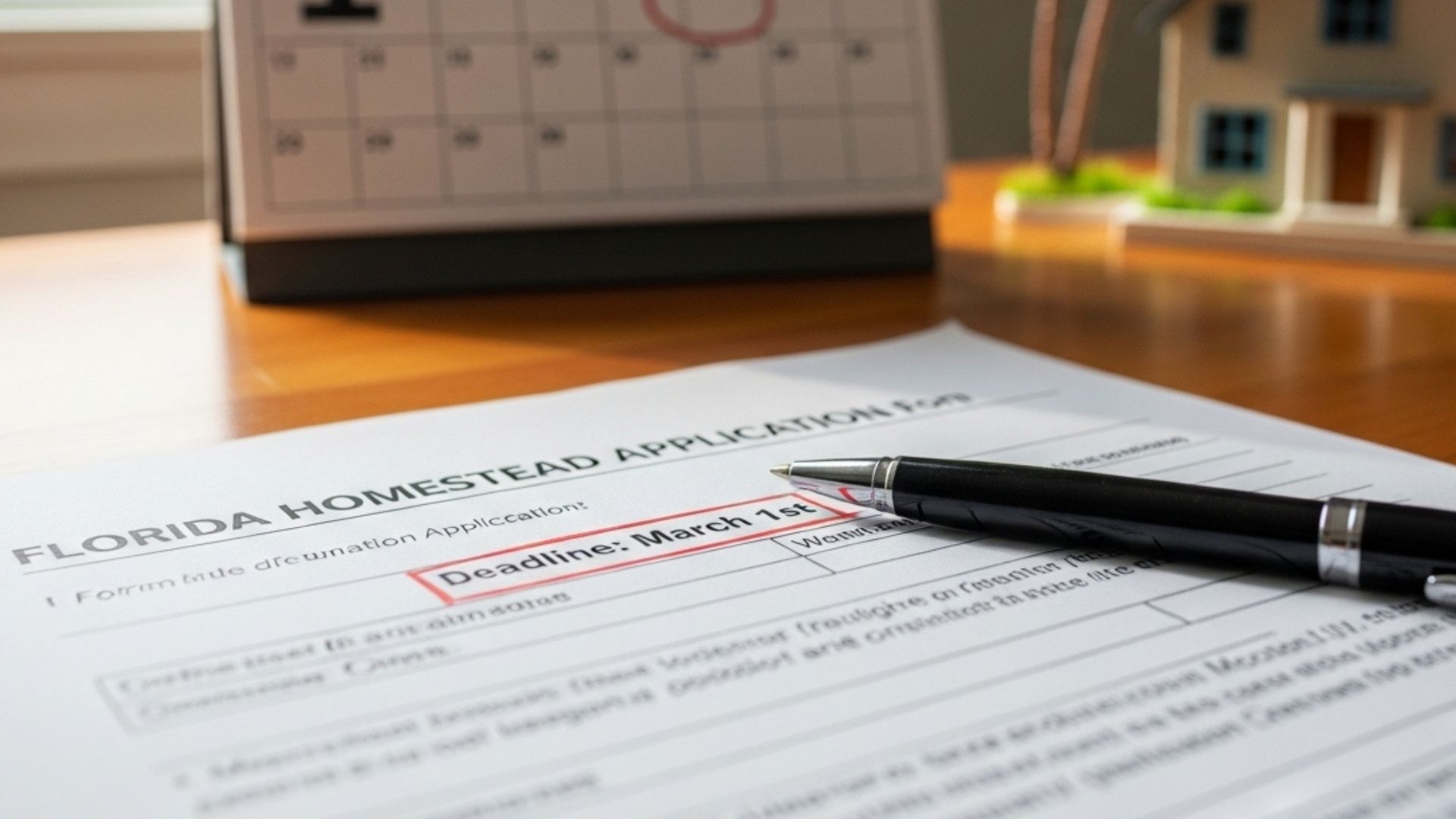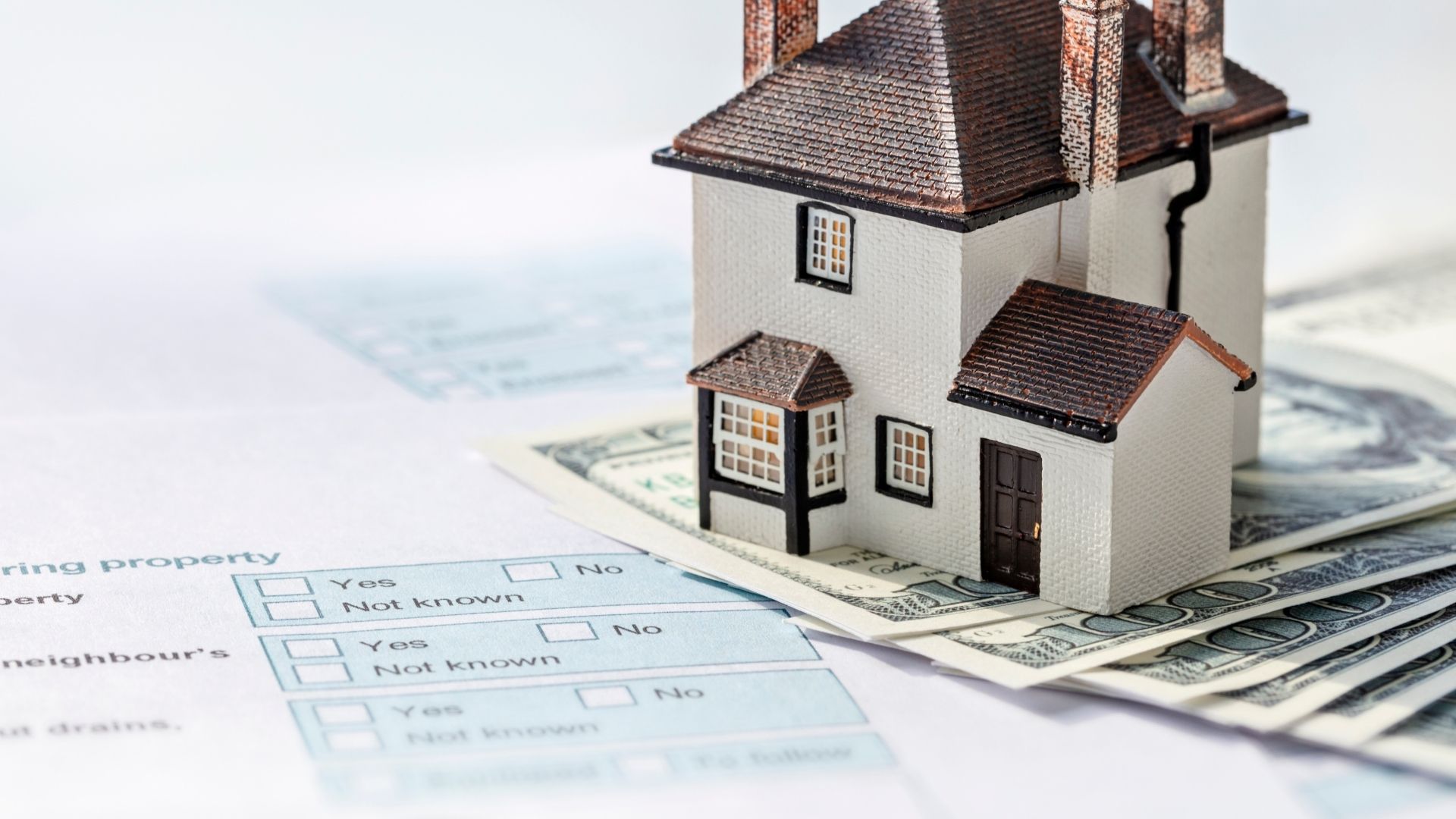
You just bought your dream home in a quiet Sarasota neighborhood. You saved for the down payment, your credit was perfect, and you sailed through closing. A few weeks later, a certified letter from the county arrives. It’s a bill for $15,000 for an old code enforcement violation for an unpermitted shed the previous owner built.
Congratulations. You’ve just met an undisclosed lien.
It’s a financial ghost, a “zombie debt” attached not to the previous owner, but to the property itself. And now, it’s your problem. At Barnes Walker, we see this devastating scenario play out far too often. This guide will show you how to hunt for these hidden threats, especially in Manatee, Sarasota, Pinellas, and Hillsborough counties.
What Is an Undisclosed Lien?
A lien is a legal claim against your property for an unpaid debt. We all know about the obvious one: the mortgage. But undisclosed liens are different. They are debts you likely had no idea existed, and they can include:
- Mechanics’ Liens: A contractor or supplier wasn’t paid for work they did on the home before you owned it.
- Judgment Liens: A previous owner lost a lawsuit and the creditor placed a lien on their assets, including the house.
- IRS Tax Liens: The former owner didn’t pay their federal taxes.
- The “Local” Landmine (The Big One): This is the classic undisclosed lien in Florida. It’s a municipal lien or code enforcement lien. This is a fine from the city or county for a violation, such as:
- An overgrown lawn that the county had to mow.
- Unpaid utility or water bills.
- An unpermitted addition, fence, or shed.
- Daily fines for a code violation that were never resolved.
These municipal liens are the most dangerous because they “run with the land” and, in many cases, are superior to all other claims—even your mortgage.
The #1 Mistake: Thinking “One Search” Is Enough
This is the “gotcha” that traps almost everyone. You (or even a less-thorough title company) might think, “I’ll just check the county’s public records, and I’ll be fine.”
This is a massive mistake.
In Florida, there are two separate places where liens are found, and they do not talk to each other.
- The “Official Records” (County Clerk): This is the main public database. This is where you find “recorded” documents like deeds, mortgages, judgment liens, and mechanics’ liens.
- The “Unrecorded” Debts (The Municipality): This is the separate database kept by the city (e.g., City of St. Pete, City of Bradenton, City of Tampa) or the county’s code enforcement and utility departments. This is where you find unrecorded code violations, open permits, and unpaid water bills. These items are often not filed in the “Official Records” until they are long overdue and have ballooned in cost.
A buyer who only checks the Official Records is walking into a trap. You must check both.
A DIY Guide: How to Search in Your County
While we strongly recommend a professional, here is a basic roadmap for what you would be looking for in our local counties.
Step 1: Check the County Clerk’s “Official Records”
This is where you search for recorded mortgages, judgments, and mechanics’ liens. You will be searching by the seller’s name or the property address.
- Hillsborough County: Search the “Official Records” through the Hillsborough County Clerk of Court & Comptroller’s website (“HillsClerk”).
- Pinellas County: Search the “Official Records Public View” on the Pinellas County Clerk of Court and Comptroller’s website.
- Manatee County: Search the Manatee County Clerk of Court and Comptroller’s “Official Records” search portal.
- Sarasota County: Search the “Official Records” on the Sarasota County Clerk of Court and Comptroller’s website.
Step 2: Check for Municipal & Unrecorded Liens
This is the hard part, and it’s where most DIY searches fail. You must check with every single authority that could have a claim. This includes:
- County Code Enforcement (for properties in unincorporated areas)
- City Code Enforcement (for properties inside city limits)
- County Utilities
- City Utilities
- County Building Department (for open/expired permits)
- City Building Department
For example, in Sarasota County, the utility lien search is now handled by a third-party company called Orange Data. In Manatee County, they also use this service for their lien searches. In Hillsborough County, you must navigate the “Pay or Search Code Fines and Liens” portal. In Pinellas County, you have to dig through the “Code Enforcement” and “Building Service” records portals.
Sounding complicated? It is. And that’s the point.
Why a DIY Search Is a Risky Gamble
Doing this yourself is like trying to perform your own dental surgery. You might find the obvious tooth, but you’ll miss the underlying infection.
- You don’t know what you’re looking for. Legal descriptions can be confusing. You might search for “123 Main St” but miss a lien filed under the property’s legal description (“Lot 3, Block 4, TANGLEWOOD”).
- You’ll misinterpret the documents. Do you know the difference between a “Satisfaction of Mortgage” and an “Assignment of Mortgage”? Misreading one document could lead you to believe a lien is paid when it’s not.
- You will almost certainly miss the municipal liens. Knowing who to call, what to ask for, and how to get a formal “estoppel” letter (the official statement of what’s owed) is a job for professionals.
The Professional Solution: A Title Search & Municipal Lien Search
This is the only way to protect yourself.
When you hire a real estate attorney or a reputable title company (like we provide at Barnes Walker), we perform two critical, separate searches:
- A Full Title Search: We search the Official Records for all recorded liens, judgments, and other “clouds” on the title.
- A Municipal Lien Search: We formally contact all the individual city and county departments—code, utilities, building, etc.—to uncover any unrecorded issues and get a certified statement of all debts owed.
This comprehensive approach is the only way to be certain that you are getting a “clear title.”
Don’t Let a Hidden Lien Become Your Nightmare
A clear title isn’t just a piece of paper; it’s your armor. It’s the legal guarantee that your property is truly yours, free from the financial ghosts of the past. Before you buy, and even if you’ve owned your property for years and are thinking of refinancing, a proper lien search is the smartest investment you can make.
The attorneys at Barnes Walker have decades of experience uncovering and resolving even the most complex, hidden liens across Florida. If you’re buying property or have questions about your title, don’t gamble. Contact us for a consultation and let us ensure your investment is protected.
–
See also: What is a Mechanics Lien and How to Fight This “Contractors Lien”
Disclaimer: The information and opinions provided are for general educational, informational or entertainment purposes only and should not be construed as legal advice or a substitute for consultation with a qualified attorney. Any information that you read does not create an attorney–client relationship with Barnes Walker, Goethe, Perron, Shea & Johnson, PLLC, or any of its attorneys. Because laws, regulations, and court interpretations may change over time, the definitions and explanations provided here may not reflect the most current legal standards. The application of law varies depending on your particular facts and jurisdiction. For advice regarding your specific situation, please contact one of our Florida attorneys for personalized guidance.
Trust • Experience • Results
Ready to Get Started?
Get started with Barnes Walker today.














